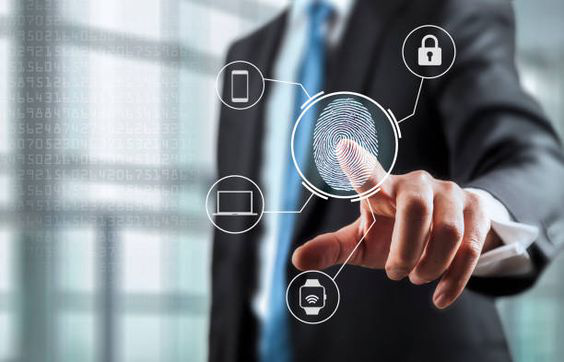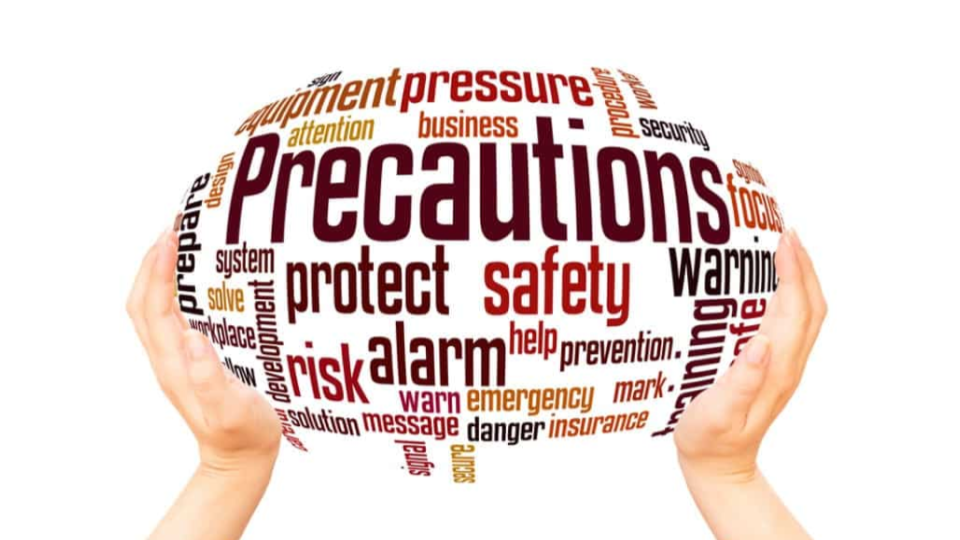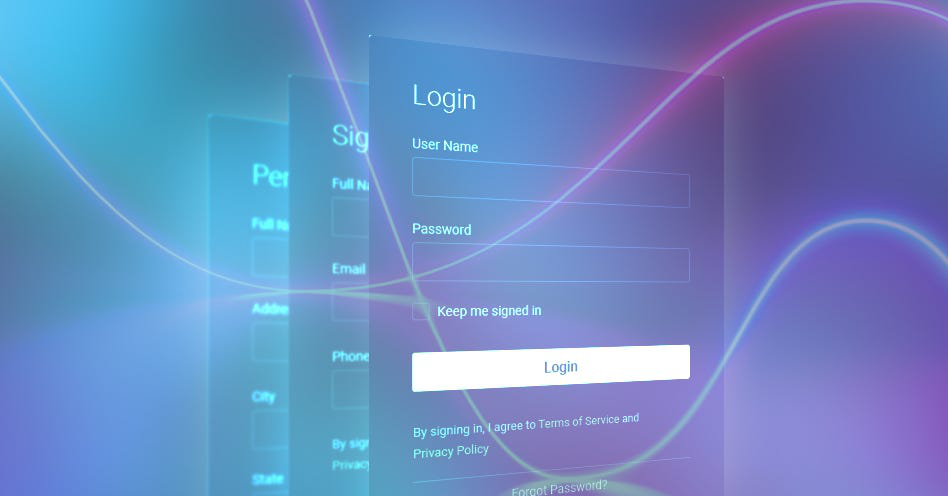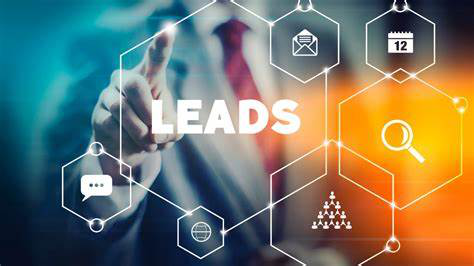What Are the Precautions to Keep Your Business Safe and Secure?
Businesses today face numerous threats, including cyberattacks, theft, and fraud. Failing to take adequate precautions to protect a business can be disastrous, resulting in loss of revenue, damage to reputation, and even the closure of the business. In this article, we will explore some of the precautions that businesses must take to keep themselves safe and secure. One of the most significant threats to businesses today is cyberattacks. Sensitive information can be accessed by hackers, who may then use it for illegal activities including identity theft and financial fraud. Failing to secure a business's computer systems can result in the loss of valuable data and damage to the company's reputation.

In this article, we will examine some of the steps that businesses can take to protect themselves from cyberattacks. Another threat to businesses is theft. This can take many forms, from shoplifting to employee theft. Failing to take adequate precautions to prevent theft can result in significant losses for a business. In this article, we will explore some of the steps that businesses can take to prevent theft and protect their assets
Strategic Precautions for Business Security
Ensuring the security of a business is crucial to prevent any potential losses. Several strategic precautions can be taken to safeguard a business.
Access Control
Access control is an essential aspect of business security. It involves limiting access to certain areas or information to authorized personnel only. This can be achieved through the use of access cards, biometric systems, or passwords. By implementing access control measures, businesses can prevent unauthorized access to sensitive data or areas, reducing the risk of theft or damage.
Cybersecurity
In the current digital era, cybersecurity is a major worry for companies. Cyberattacks may result in financial losses, reputational harm to a company, and data breaches. To prevent such incidents, businesses should implement robust cybersecurity measures, such as firewalls, antivirus software, and regular software updates. Additionally, employees should be trained to recognize and report any suspicious activity, such as phishing emails or malware.
Physical Security
Physical security measures are also essential for protecting a business. This includes installing security cameras, alarm systems, and secure locks on doors and windows. By implementing physical security measures, businesses can deter potential thieves or vandals and detect any suspicious activity.
Employee Training
Employees play a vital role in maintaining business security. They should be trained on security policies and procedures, such as how to handle sensitive data, how to report suspicious activity, and how to respond to emergencies. Regular training sessions can help ensure that employees are aware of the latest security threats and how to prevent them. In conclusion, by implementing strategic precautions such as access control, cybersecurity, physical security, and employee training, businesses can reduce the risk of security breaches and protect their assets.

Technological Safeguards
In today's digital age, businesses rely heavily on technology to store and manage their data. While technology has made business operations more efficient, it has also made them vulnerable to cyber-attacks. Here are some technological safeguards that businesses can implement to protect their data:
Firewalls
Firewalls act as a barrier between the Internet and a business's internal network. They can stop harmful traffic and stop unauthorized users from accessing the network. Businesses need to ensure that their firewalls are up-to-date and configured properly.
Anti-virus and Anti-malware Software
Anti-virus and anti-malware software can detect and remove malicious software that can harm a business's network. Businesses should install and regularly update these software programs to protect against new threats.
Data Encryption
Data encryption can protect sensitive information by converting it into a code that can only be deciphered with a key. Businesses should use encryption to protect their data both in transit and at rest.
Access Controls
Access controls limit who can access certain data and systems within a business. To guarantee that only individuals with permission can access sensitive data, businesses should have strong access controls in place.
Regular Backups
Regular backups of data can ensure that a business can recover from a cyber attack or other disaster. Companies should periodically create data backups and keep them in a safe place. By implementing these technological safeguards, businesses can minimize the risk of cyber-attacks and protect their valuable data.

Physical Security Measures
Physical security measures are essential to keep a business safe and secure. These measures are designed to prevent unauthorized access to the premises and protect the physical assets of the business. Here are some of the most effective physical security measures:
Access Control Systems
Access control systems are designed to control who can enter the premises and when. These systems can include electronic keypads, card readers, and biometric scanners. They are effective in preventing unauthorized access to the premises and can also be used to monitor employee attendance.
Security Cameras
Security cameras are an essential part of any physical security system. They can be used to monitor the premises and record any suspicious activity. They are also effective in deterring theft and vandalism.
Alarm Systems
Alarm systems are designed to alert the authorities in the event of a break-in or other security breach. They can be connected to a monitoring service that can dispatch the police or other emergency services if necessary.
Lighting
Proper lighting is essential to deter criminals and prevent accidents. Outdoor lighting can be used to illuminate the perimeter of the premises, while indoor lighting can be used to create a safe and welcoming environment for employees and customers.
Fencing and Barriers
Fences and barriers can be used to prevent unauthorized access to the premises. They can also be used to create a physical barrier between the business and potential threats. In conclusion, physical security measures are essential to keep a business safe and secure. By implementing these measures, businesses can prevent unauthorized access, protect their physical assets, and create a safe and welcoming environment for employees and customers.

Creating a Culture of Security
Creating a culture of security is essential for keeping a business safe and secure. It involves establishing policies and procedures that promote security awareness and ensure that all employees are aware of the potential risks and threats to the business. One of the key elements of creating a culture of security is to establish clear guidelines for data protection. This includes implementing strong passwords, encrypting sensitive data, and limiting access to information. Regular training sessions can also be conducted to ensure that employees are aware of the importance of data protection and the consequences of a data breach.
Another important aspect of creating a culture of security is to establish a clear incident response plan. This involves identifying potential threats and creating a plan to respond to them in a timely and effective manner. The incident response plan should be regularly reviewed and updated to ensure that it remains relevant and effective. Regular security audits can also be conducted to identify potential vulnerabilities and areas of weakness in the business's security systems. These audits can be performed by internal or external security experts and should be conducted regularly.
Finally, creating a culture of security involves promoting a sense of responsibility among all employees. This includes encouraging employees to report any suspicious activity or potential security threats, as well as providing them with the tools and resources they need to protect the business. By creating a culture of security, businesses can reduce the risk of a security breach and protect their sensitive data and information. It requires a commitment to ongoing training, regular audits, and a strong sense of responsibility among all employees.

Insurance and Risk Management
One of the most important aspects of keeping a business safe and secure is having proper insurance coverage and risk management strategies in place. Without these precautions, a business can be vulnerable to financial and legal consequences in the event of unexpected events. Having insurance coverage can protect a business from a variety of risks, such as property damage, theft, liability claims, and more. It is important to carefully review insurance policies and ensure that they adequately cover all potential risks. In addition, regularly reviewing and updating insurance policies can help ensure that a business stays protected as it grows and changes over time.
Risk management strategies involve identifying and assessing potential risks, and implementing measures to mitigate or prevent them. This can include implementing security measures such as surveillance cameras, access control systems, and fire alarms, as well as training employees on proper safety procedures. Regularly reviewing and updating risk management strategies can help ensure that a business stays prepared for any potential risks. By prioritizing insurance coverage and risk management strategies, a business can help ensure that it stays protected and secure in the face of unexpected events









